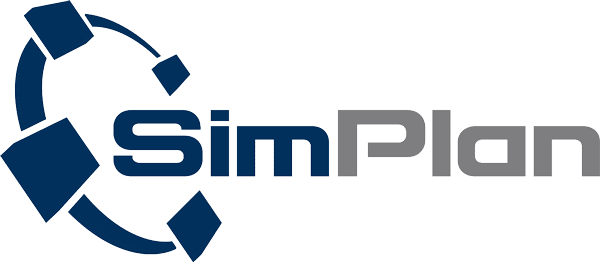SimPlan News
News from the world of simulation
On the SimPlan news page, you will find the latest information and news about our services and solutions in the fields of simulation, virtual commissioning and digital twins.
We will keep you regularly informed about exciting projects, innovative technologies and upcoming events and webinars. Stay informed about the latest trends in production and logistics and find out how you can make your processes more efficient with us.
We will keep you regularly informed about exciting projects, innovative technologies and upcoming events and webinars. Stay informed about the latest trends in production and logistics and find out how you can make your processes more efficient with us.












